Nutrients, Free Full-Text
Por um escritor misterioso
Last updated 15 abril 2025
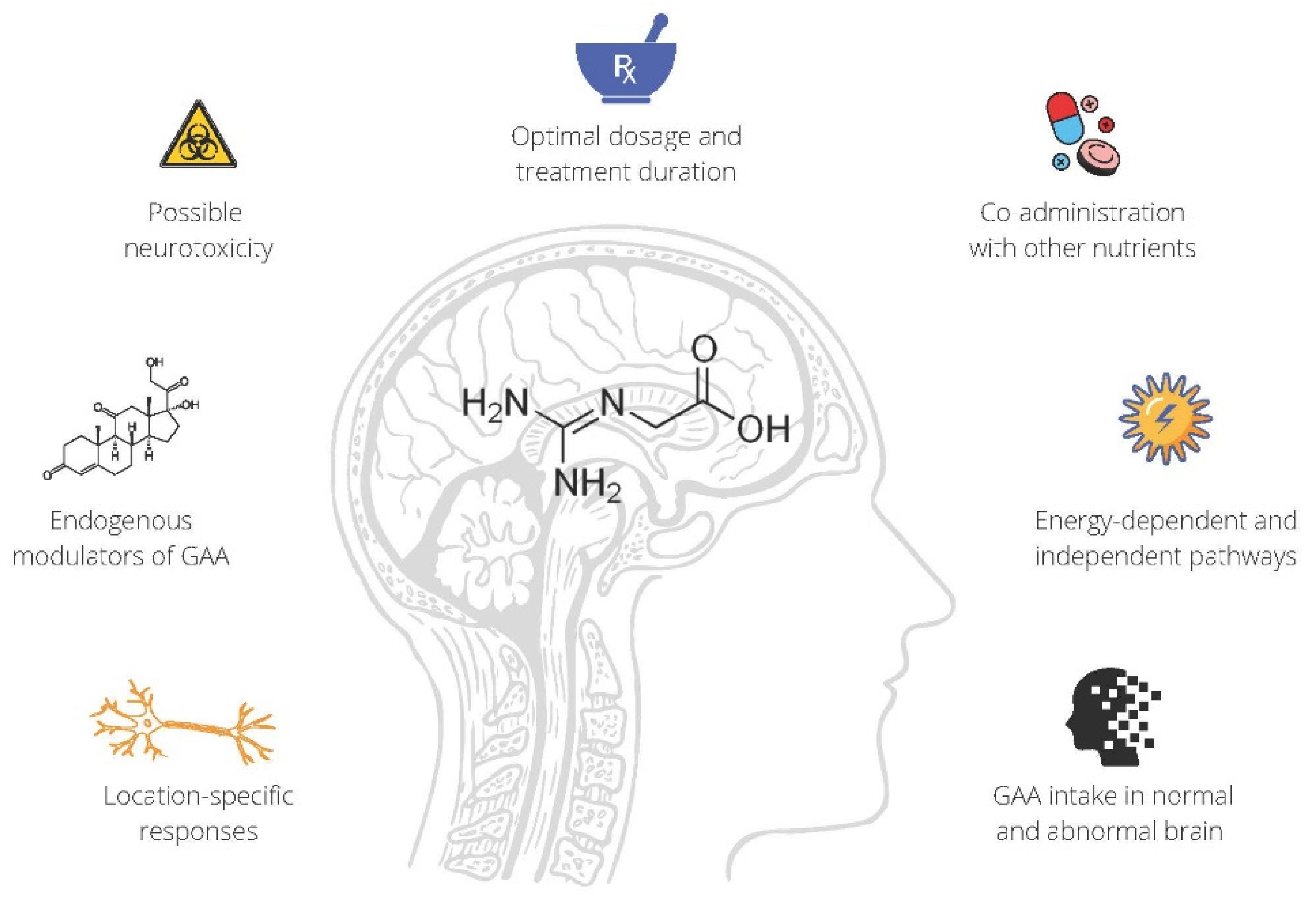
While the vast majority of research involving creatine supplementation has focused on skeletal muscle, there is a small body of accumulating research that has focused on creatine and the brain. Preliminary studies indicate that creatine supplementation (and guanidinoacetic acid; GAA) has the ability to increase brain creatine content in humans. Furthermore, creatine has shown some promise for attenuating symptoms of concussion, mild traumatic brain injury and depression but its effect on neurodegenerative diseases appears to be lacking. The purpose of this narrative review is to summarize the current body of research pertaining to creatine supplementation on total creatine and phophorylcreatine (PCr) content, explore GAA as an alternative or adjunct to creatine supplementation on brain creatine uptake, assess the impact of creatine on cognition with a focus on sleep deprivation, discuss the effects of creatine supplementation on a variety of neurological and mental health conditions, and outline recent advances on creatine supplementation as a neuroprotective supplement following traumatic brain injury or concussion.
The Carbohydrate Threshold in Pregnancy and Gestational Diabetes: How Low Can We Go, Nutrients
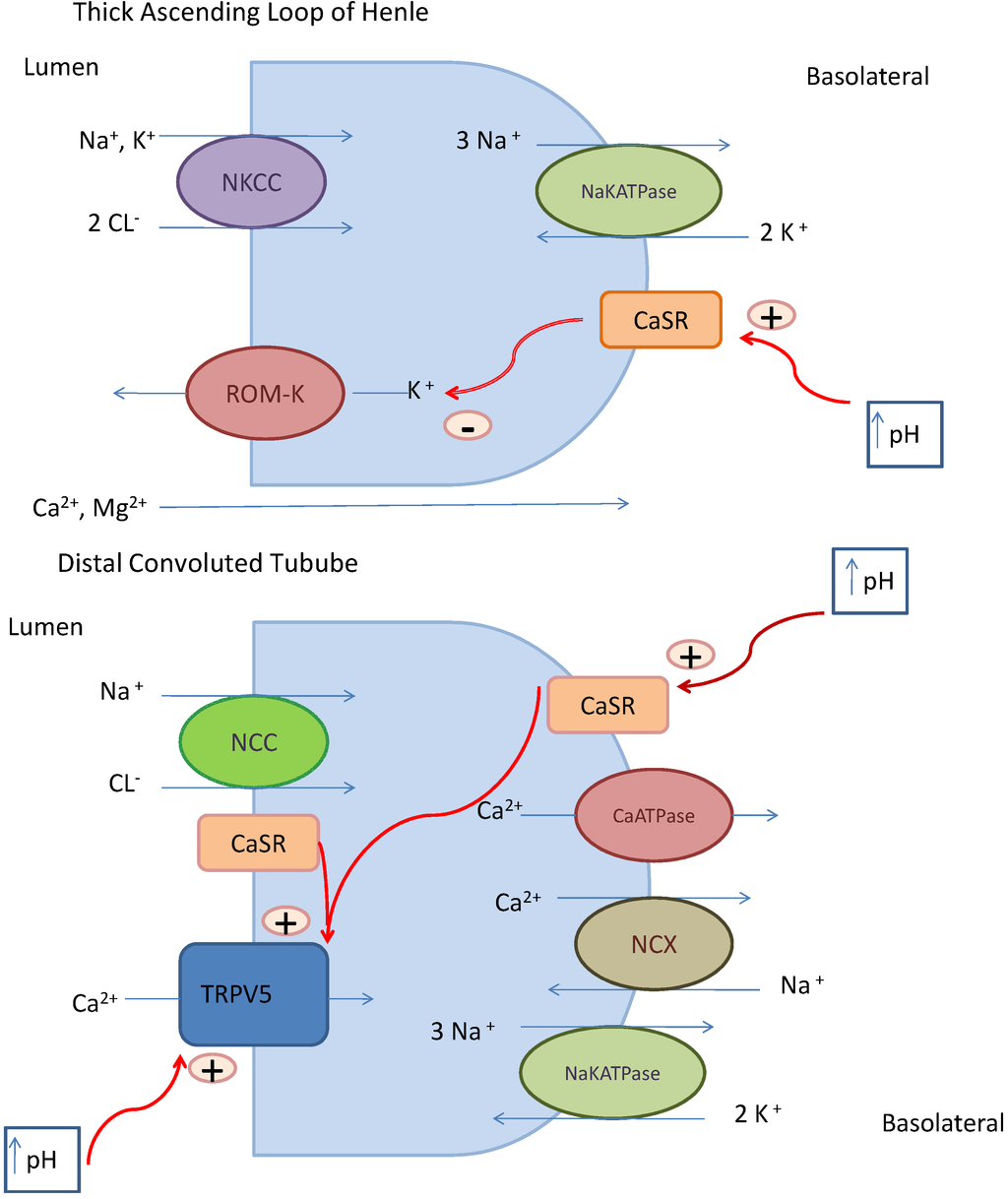
Nutrients, Free Full-Text
Nutrients, Free Full-Text
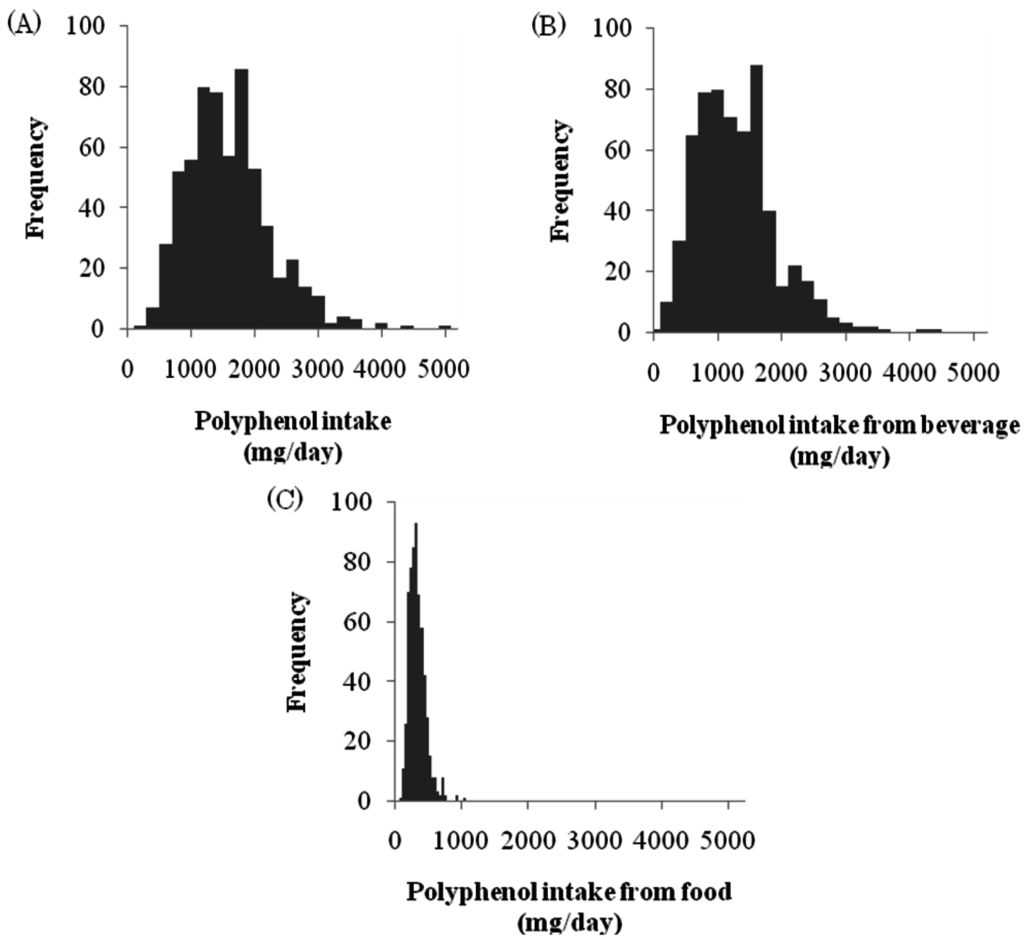
Nutrients, Free Full-Text
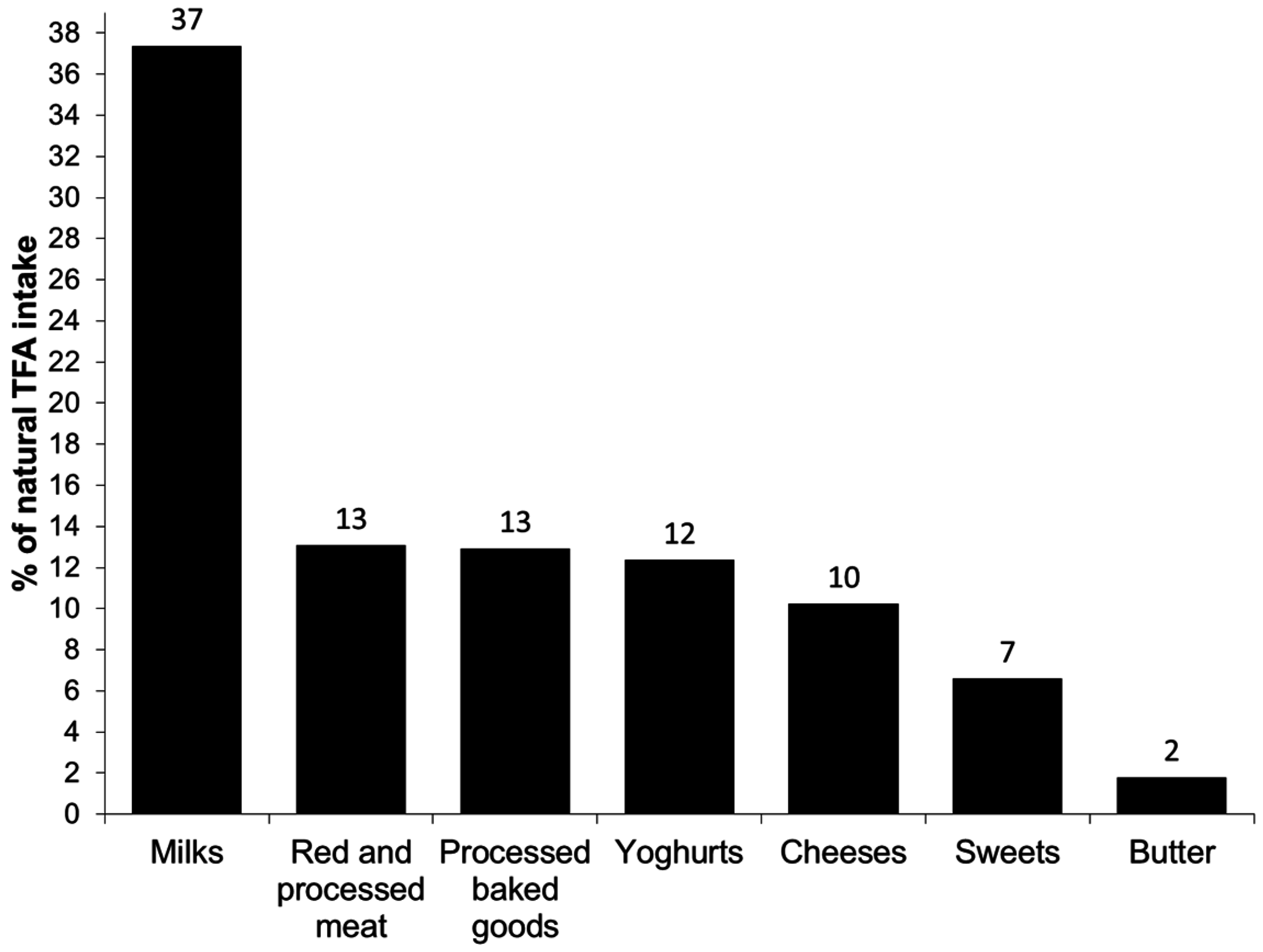
Nutrients, Free Full-Text

Pin on Dental, Oral

Nutrients, Free Full-Text, Consumers' Responses to Front-of-Pack Nutrition Labelling: Results from a Sample from The N…
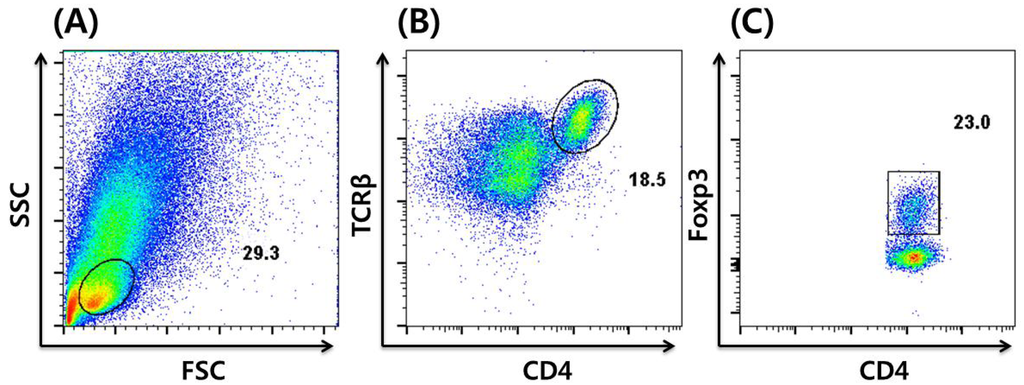
Nutrients, Free Full-Text
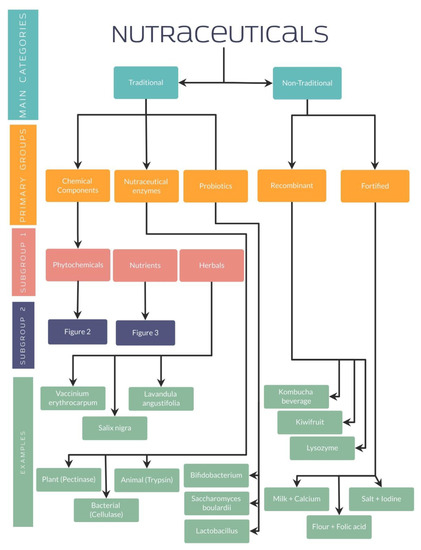
Atik Liker Get File - Colaboratory
Recomendado para você
-
 BRAIN TEST NÍVEL 367 EM PORTUGUÊS15 abril 2025
BRAIN TEST NÍVEL 367 EM PORTUGUÊS15 abril 2025 -
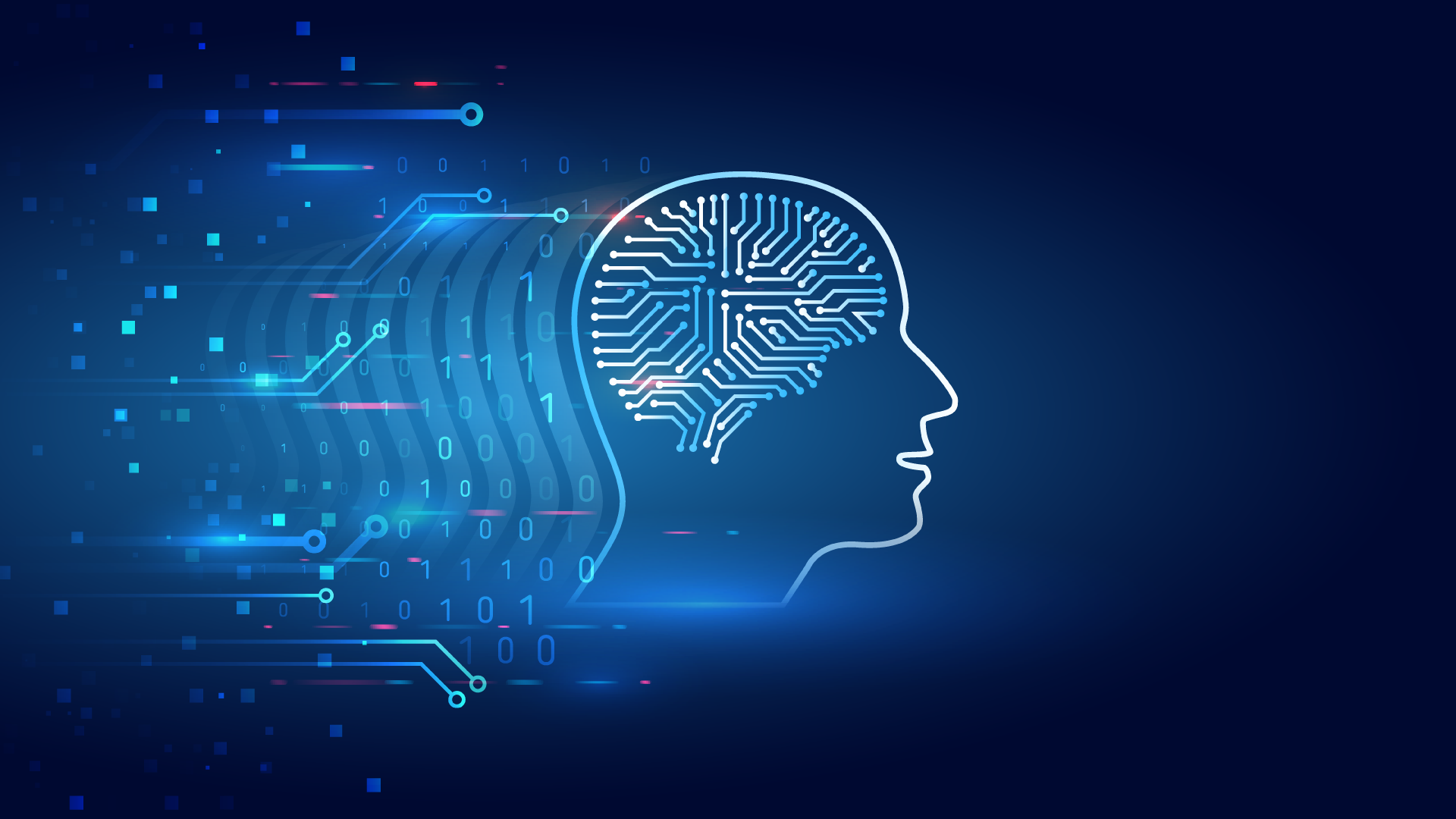 AI is helping scientists explain our brain15 abril 2025
AI is helping scientists explain our brain15 abril 2025 -
 The 2021 Hyundai Santa Fe - Mid-Sized Favorite with Safety on the Brain15 abril 2025
The 2021 Hyundai Santa Fe - Mid-Sized Favorite with Safety on the Brain15 abril 2025 -
 The terrorist inside my husband's brain15 abril 2025
The terrorist inside my husband's brain15 abril 2025 -
 Different loneliness types, cognitive function, and brain structure in midlife: Findings from the Framingham Heart Study - eClinicalMedicine15 abril 2025
Different loneliness types, cognitive function, and brain structure in midlife: Findings from the Framingham Heart Study - eClinicalMedicine15 abril 2025 -
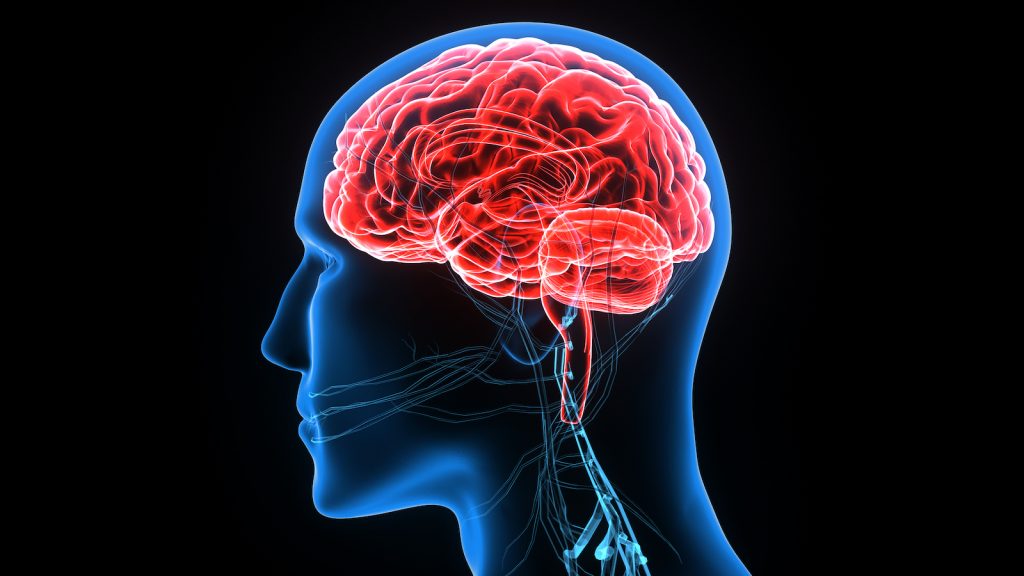 Can Spinal Cord Injuries Affect the Brain? - Total Community Care15 abril 2025
Can Spinal Cord Injuries Affect the Brain? - Total Community Care15 abril 2025 -
 Effectiveness of management strategies for uninvestigated dyspepsia: systematic review and network meta-analysis15 abril 2025
Effectiveness of management strategies for uninvestigated dyspepsia: systematic review and network meta-analysis15 abril 2025 -
 Pharmacology, Biochemistry and Behavior 1989: Vol 33 Index : Free Download, Borrow, and Streaming : Internet Archive15 abril 2025
Pharmacology, Biochemistry and Behavior 1989: Vol 33 Index : Free Download, Borrow, and Streaming : Internet Archive15 abril 2025 -
 TMS Reveals Dynamic Interaction between Inferior Frontal Gyrus and Posterior Middle Temporal Gyrus in Gesture-Speech Semantic Integration15 abril 2025
TMS Reveals Dynamic Interaction between Inferior Frontal Gyrus and Posterior Middle Temporal Gyrus in Gesture-Speech Semantic Integration15 abril 2025 -
 حل مرحلة brain test 36715 abril 2025
حل مرحلة brain test 36715 abril 2025
você pode gostar
-
.svg.jpg?width=1200&height=1200&fit=crop&quality=100&format=png&enable=upscale&auto=webp) Fall Guys clone Stumble Guys tops iPhone app chart15 abril 2025
Fall Guys clone Stumble Guys tops iPhone app chart15 abril 2025 -
 26 styles Alphabet Lore Plush Toy Game Alphabet Lore But Are15 abril 2025
26 styles Alphabet Lore Plush Toy Game Alphabet Lore But Are15 abril 2025 -
 Videos Mp3 Download කරගමු15 abril 2025
Videos Mp3 Download කරගමු15 abril 2025 -
 GloboEsporte.com > Futebol > Cruzeiro - NOTÍCIAS - Fã de Oséas, Zé Carlos chega ao Cruzeiro cheio de vontade15 abril 2025
GloboEsporte.com > Futebol > Cruzeiro - NOTÍCIAS - Fã de Oséas, Zé Carlos chega ao Cruzeiro cheio de vontade15 abril 2025 -
 Ragnarok The Animation - Episódio 21 - Eu Preciso De Você15 abril 2025
Ragnarok The Animation - Episódio 21 - Eu Preciso De Você15 abril 2025 -
 Cell Saga+ by RuokDbz98 on DeviantArt Anime dragon ball, Dragon ball z, Dragon ball artwork15 abril 2025
Cell Saga+ by RuokDbz98 on DeviantArt Anime dragon ball, Dragon ball z, Dragon ball artwork15 abril 2025 -
 Abertura dos Jogos Olímpicos de Verão – GOB-RJ15 abril 2025
Abertura dos Jogos Olímpicos de Verão – GOB-RJ15 abril 2025 -
 Aku no Hana - Nakamura Sawa cosplay by DariaAmbrosia on DeviantArt15 abril 2025
Aku no Hana - Nakamura Sawa cosplay by DariaAmbrosia on DeviantArt15 abril 2025 -
 Cartas royal flush. jogo de cartas, cartas na mesa. poker e blackjack, cartas de jogar.15 abril 2025
Cartas royal flush. jogo de cartas, cartas na mesa. poker e blackjack, cartas de jogar.15 abril 2025 -
 Halloween Gift Pet Sim Simulator X PSX Roblox Game15 abril 2025
Halloween Gift Pet Sim Simulator X PSX Roblox Game15 abril 2025